What are Network Working Groups?
Working groups, which may be thematic or geographic, are led by the Secretariat or by a chair or co-chairs drawn from the list of Members. Members and qualified supporters may participate. Working groups provide vehicles for communication, planning, and knowledge exchange and can serve as the catalyst for joint activities and the financing of effective consortiums. Each working group should undertake at least one joint initiative per year and report thereon to other Members. The Network currently has four developed working groups: Inclusivity Community of Practice, Sub-Saharan Africa, Asia, and Europe & Western Balkans, Middle East, & North Africa (MENA).
Inclusivity Community of Practice
The Network’s primary mechanism of advancing its inclusive efforts within peacemaking and broader peacebuilding processes is through its Inclusivity-Based Community of Practice (CoP). The Inclusivity-Based Community of Practice offers space and opportunity for both Network members and non-members who are experts in the Women, Peace and Security and Youth, Peace and Security spaces, to build and cultivate learning, relationships, and partnerships. The current silos that exist at the global level between faith-based actors and organizations and secular actors and organizations working to advance gender equality and youth leadership and participation are hindering policy and advocacy efforts. Learning about and acknowledging shared challenges, showcasing examples of best practices, and strategically constructing a collaborative way forward, are essential to addressing these complex and multifaceted problems that we face today.
2025 Priorities of Focus
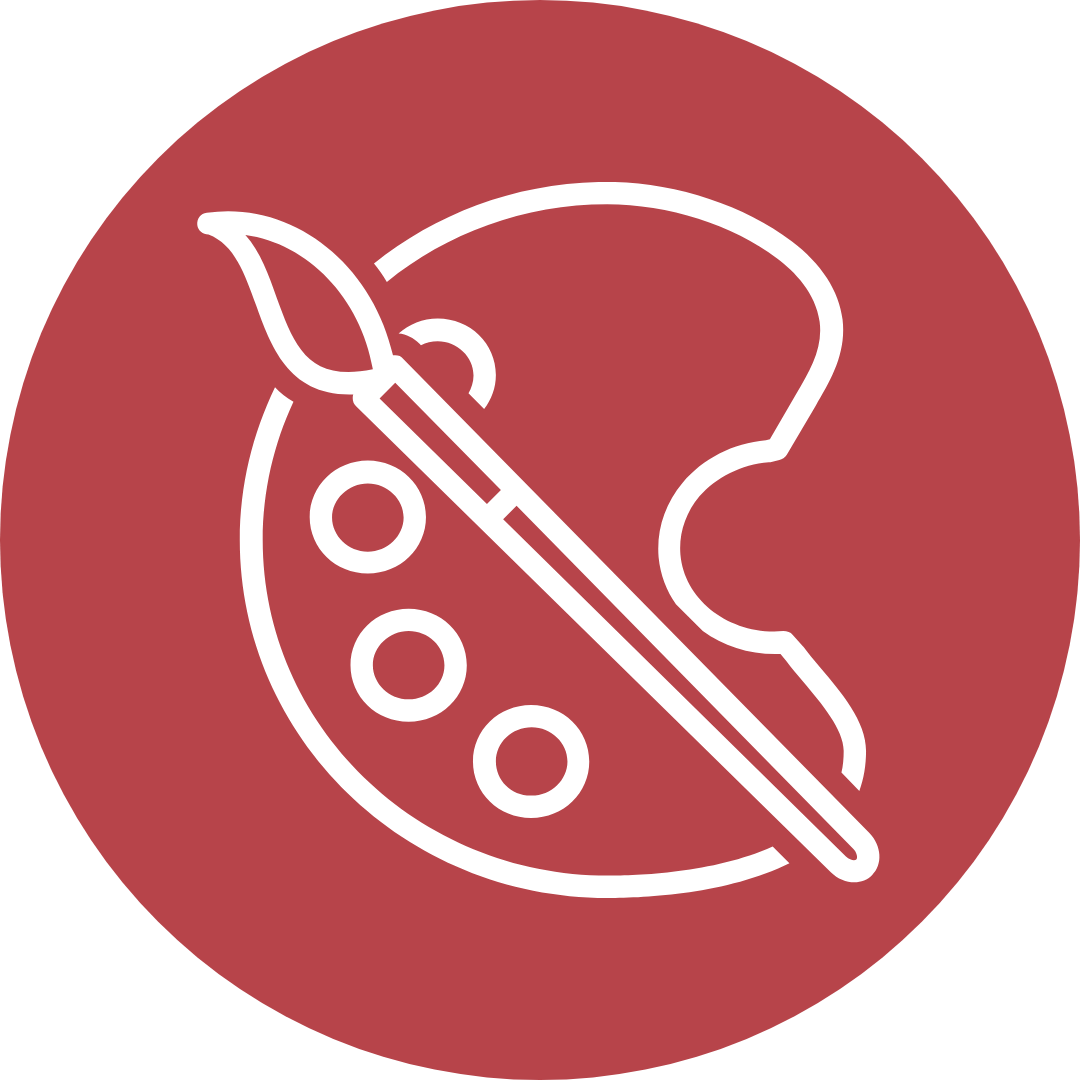
Fostering Inclusivity and Peacebuilding Through the Transformative Power of the Arts

Innovative Approaches to Interreligious and Intrareligious Dialogue for Peace
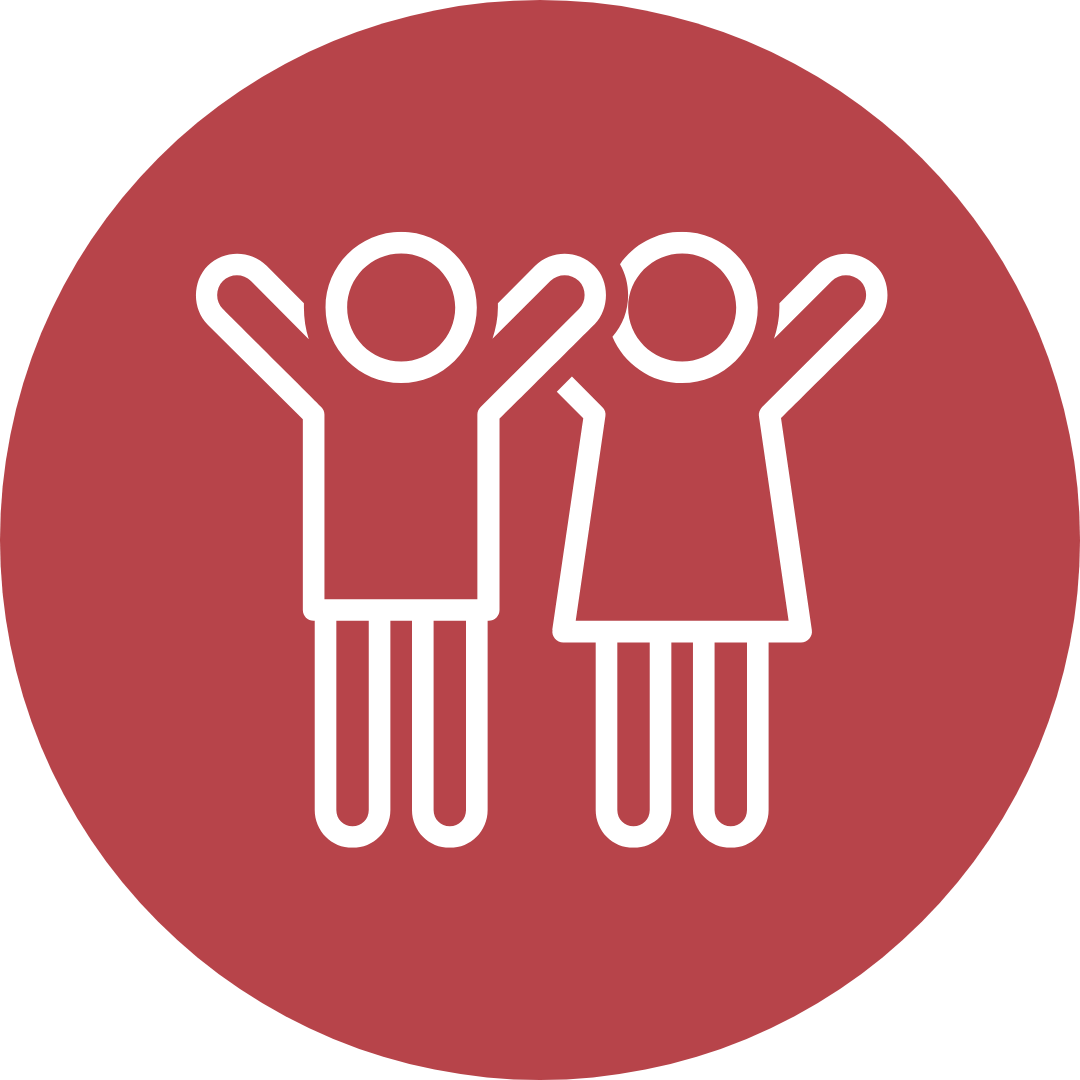
Building Bridges for the Future: Advancing the Inclusion of Children in Peacebuilding Efforts
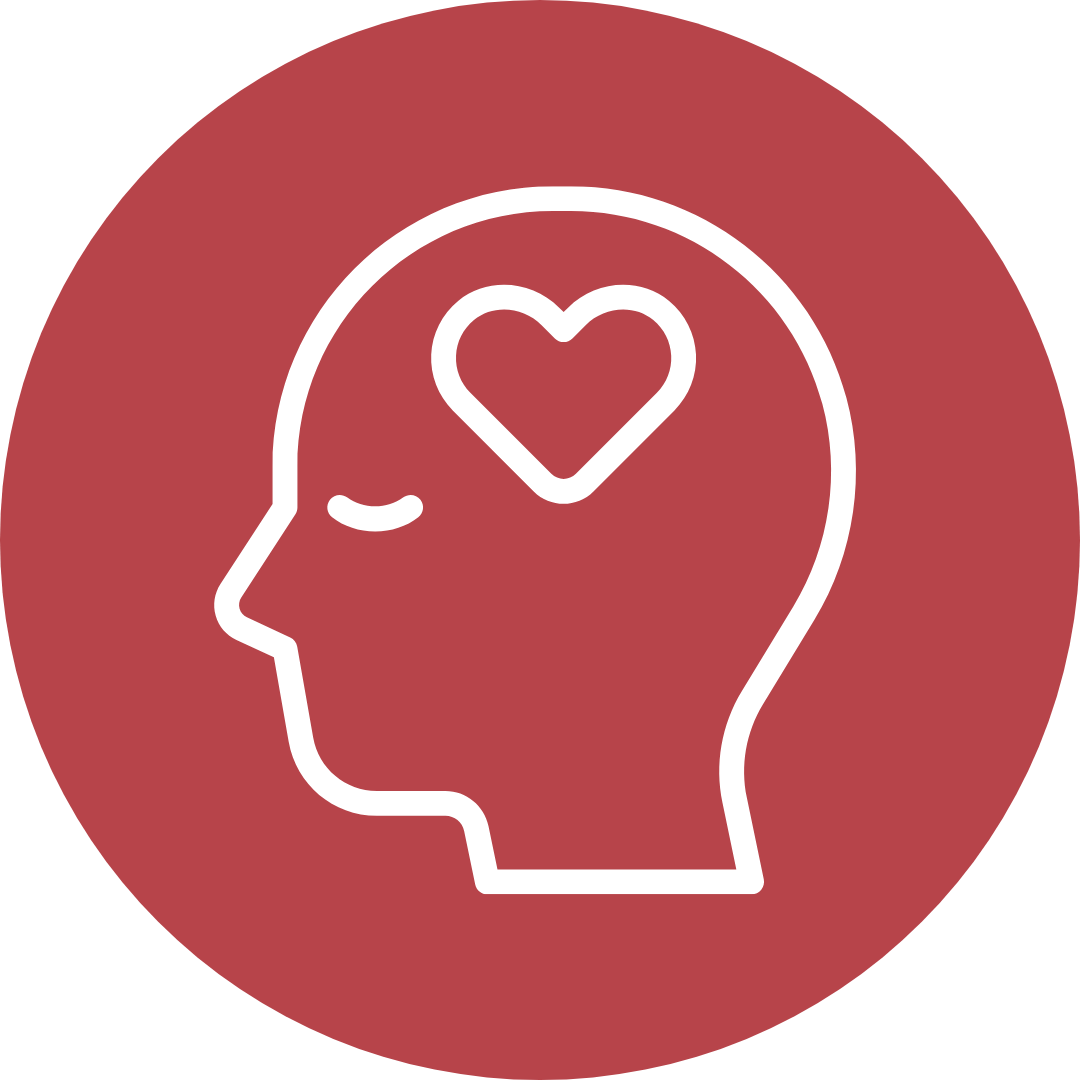
Integrating Mental Health into Peacebuilding: Promoting Healing and Resilience for Sustainable Peace
Asia Working Group
The Network Asia Working Group (AWG) fosters collaboration among various international, regional, national, and local actors working in South and Southeast Asia with the shared goal of increasing the active collaboration between religious and traditional actors and other key stakeholders in peacebuilding, mediation, and conflict transformation. The AWG advances communication, networking, advocacy, training, analysis, planning, and knowledge exchange and can serve as the catalyst for joint activities and the financing of effective consortiums. The AWG has existed as an informal structure since 2017 and has for example collaboratively advanced inclusion-focused actions in the region. AWG meets currently twice a year and publishes a monthly newsletter highlighting region-specific activities by consortium projects and Network members.
2025 Priorities of Focus
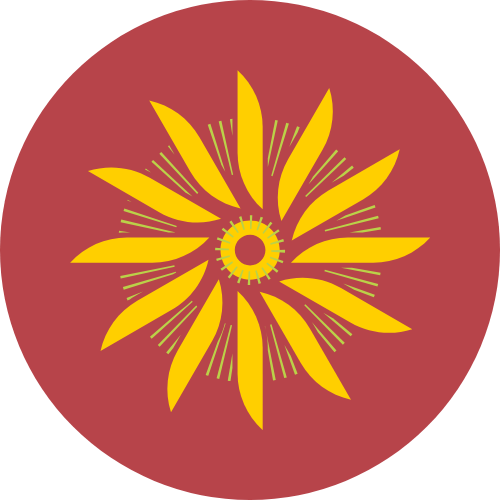
Support local peacebuilders using traditional, Indigenous, and faith-based conflict resolution.
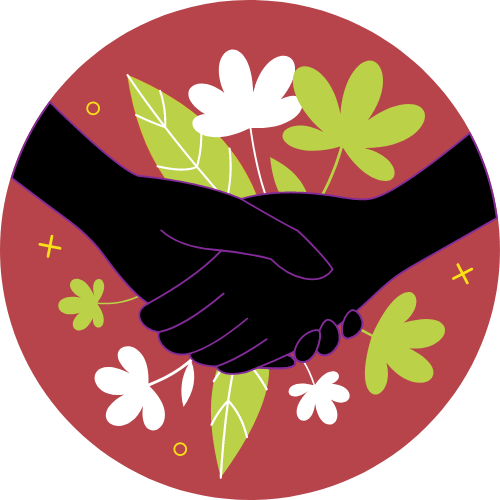
Promote inclusive peacebuilding by advancing the participation of women, youth, and marginalized groups in peace, mediation and dialogue processes.
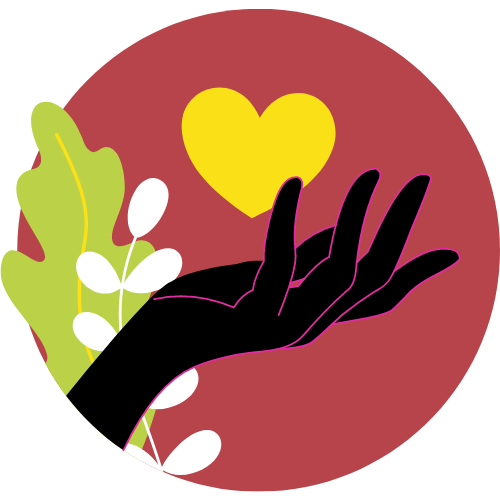
Promote religious literacy and intra-and interfaith dialogue among diverse stakeholders to foster mutual understanding and social cohesion.
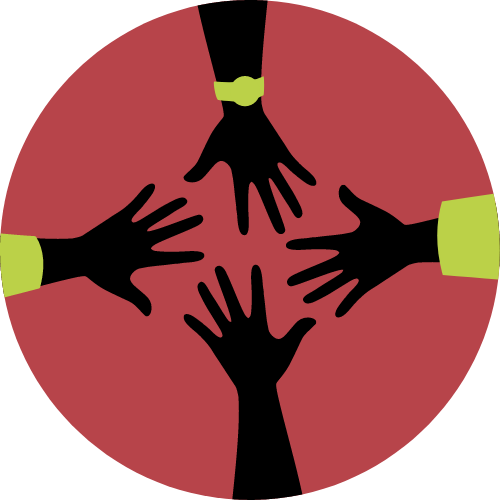
Facilitate platforms for grassroots and local actors to influence national, regional and global peace and conflict transformation processes.
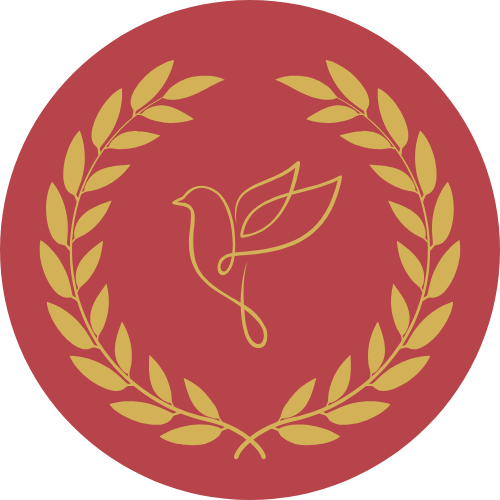
Respond to the peace and security needs of member states with context-specific strategies.
Sub-Saharan Africa Working Group
The Sub-Saharan Africa Working Group (SSA WG) fosters collaboration among various international, regional, national, and local actors working in Sub-Saharan Africa with the shared goal of increasing the active collaboration between religious and traditional actors and other key stakeholders in peacebuilding, mediation, and conflict transformation. The Sub-Saharan Africa Working Group advances communication, networking, advocacy, planning, and knowledge exchange and can serve as the catalyst for joint activities and the financing of effective consortiums.
Priorities of Focus
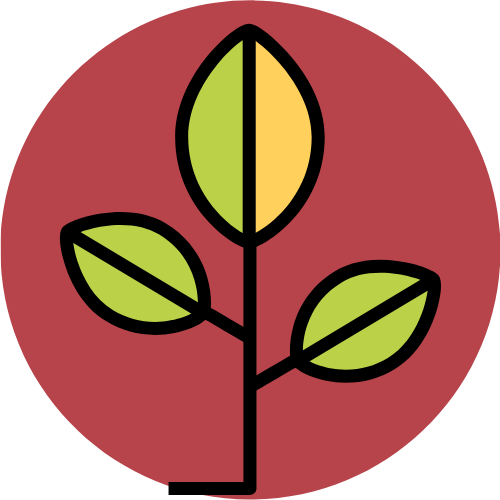
Safeguarding the environment and working to prevent climate and security risks.
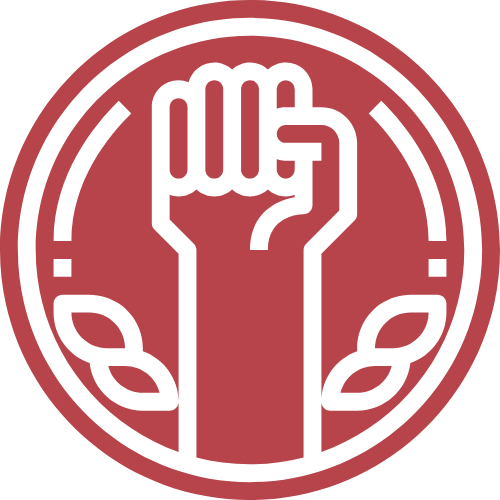
Addressing shrinking civic spaces and attacks on human rights.
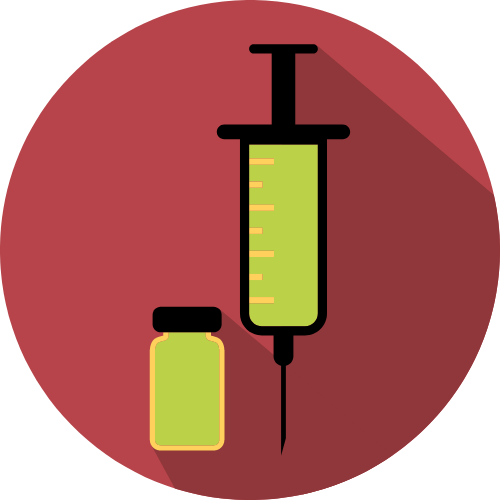
Addressing vaccine hesitancy and combating misinformation.
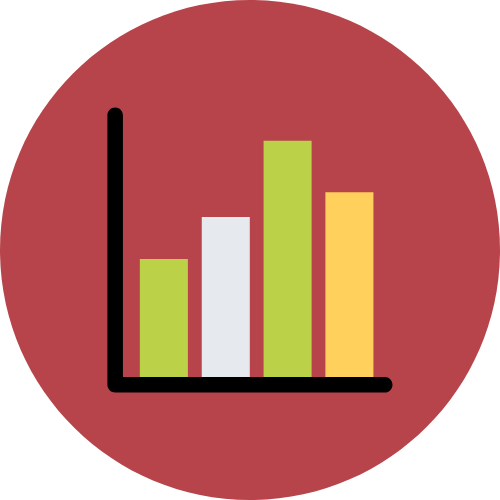
Supporting the provision of data and knowledge to inform i.e. processes, policies, and practices.
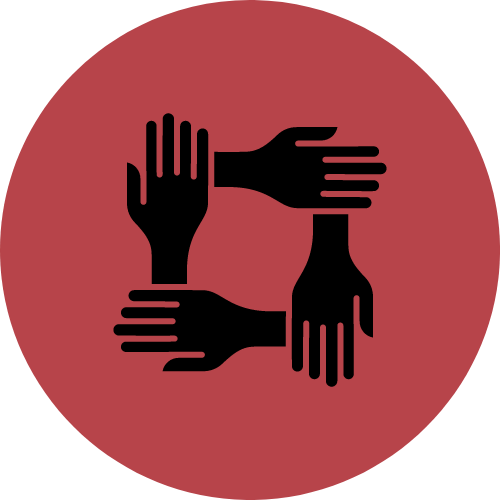
Sharing strategies and tactics for addressing inter-ethnic and inter-religious conflicts and violent extremism.
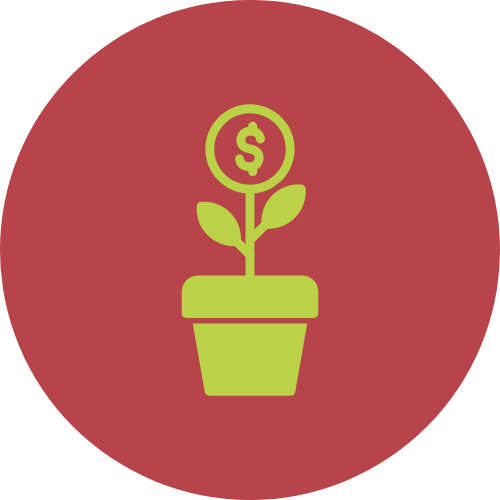
Encouraging donors to invest in long-term and locally-led peacebuilding initiatives.
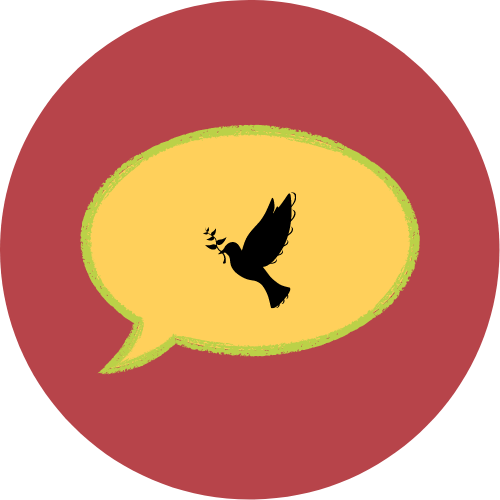
Advancing opportunities and platforms for grassroots and local actors to shape peacebuilding and conflict transformation processes.
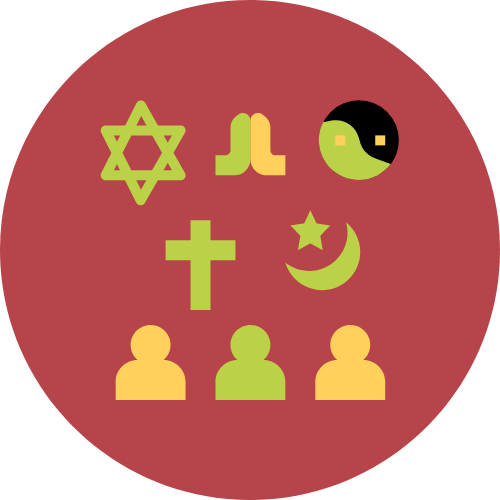
Advancing religious literacy and intra/inter-religious dialogue amongst different actors, i.e. religious actors of different faiths, civil society actors, media, and policymakers.
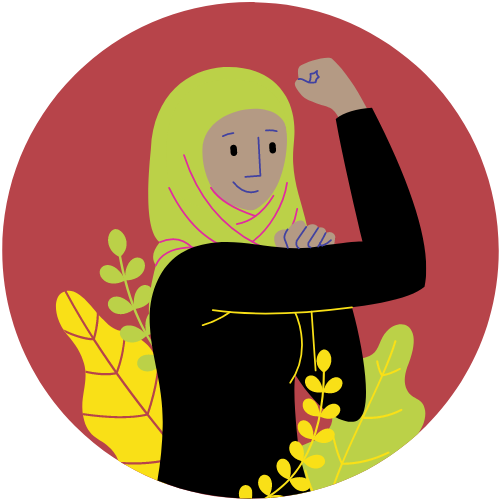
Advancing the capacity of minority and marginalized groups to engage meaningfully in peacebuilding and conflict translation.
Europe & MENA Working Group
The Europe (EU and Western Balkans), Middle East, & North Africa Working Group (Europe MENA WG) fosters collaboration among various actors interested in exploring regional collaborations and cross-regional dynamics and trends affecting peace-building in Europe, the Middle East, and North Africa.
This working group acts as a platform for Network members, supporters, and interested actors to participate in sharing best practices, joint analyses, and insights on current topics and trends and building collaboration among actors working to advance inclusive peace and prevent violence.
In accordance with the Network mission, the working group serves as a space for members to share analysis and insights and engage in joint capacity-building activities with the shared goal of increasing the active collaboration between religious and traditional actors and other key stakeholders in peacebuilding, mediation and conflict transformation.
The Europe MENA WG meets four times a year, with two cross-regional meetings and two regionally focused meetings. The WG is led by a Steering Committee composed of Working Group members, with support from the Network Secretariat.
